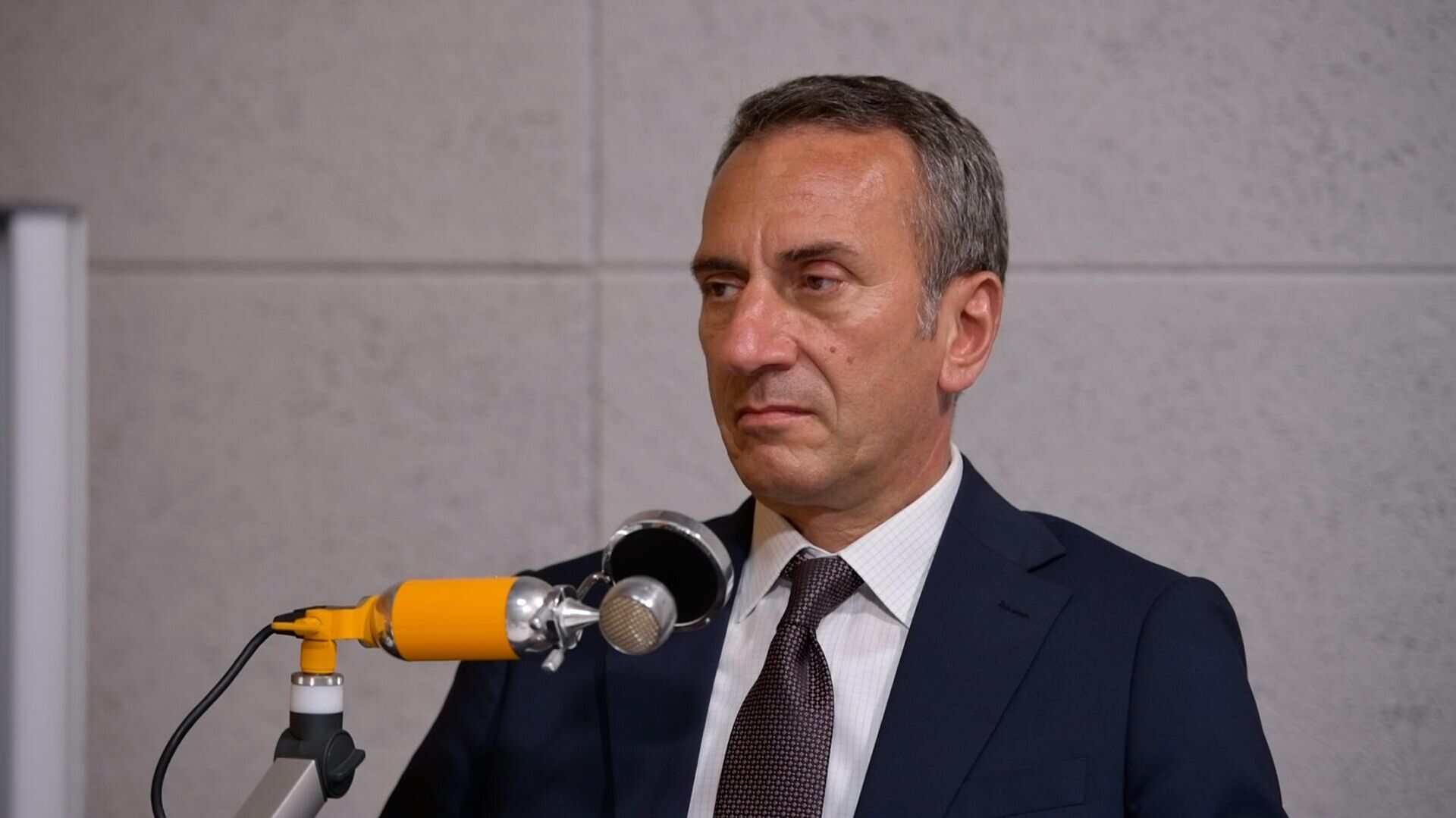Kazakhstan Prepares For Controversial Parliamentary Elections
Kazakhstan Prepares For Controversial Parliamentary Elections
With elections to Majilis (lower chamber of parliament) just a few weeks away, calls for genuine democracy in Kazakhstan ring louder than ever before. On July 21 leaders of the Democratic Choice of Kazakhstan, the pro-democratic party “Ak Zhol,” and the Communist Party of Kazakhstan signed a memorandum that calls for faster democratization, freedom of expression, independent media, fair elections, and amnesty for political prisoners. The memorandum demands that the number of deputies chosen by party list be increased to at least half of the Majilis deputies. “If authorities interfere with the process of voting, manipulate the results, and violate election procedures, the democratic forces of Kazakhstan will reserve the right to boycott the upcoming parliamentary elections and ignore its results,” according to the memorandum. Oraz Zhandosov, co-founder of the Ak Zhol party, said there was still time to amend the law on elections. The leader of the Democratic Choice of Kazakhstan, Asylbek Kozhakhmetov, added that by signing the memorandum, the three parties created a united front to oppose the authorities (Epoha, July 23).
Under pressure from Western organizations, Kazakhstan’s election authorities introduced several positive changes to the election law, which was approved by the president on April 14. The new law gives greater rights to observers and journalists at polling stations. Most importantly, local governments no longer appoint election committees. Now they are selected by local legislative bodies from among candidates nominated by political parties.
While international organizations have praised the new election law, opposition parties doubt that the elections will be free and fair. They are particularly suspicious about the new electronic voting system, which the authorities say will guarantee transparent voting procedures. Critics argue that the technology is inappropriate, as many voters are unfamiliar with computers, and too expensive, as it will cost 4.2 billion tenge ($31 million).
Although reluctant, authorities have addressed some of these concerns. The chair of the Central Election Committee, Zagipa Balieva, explained to a group of journalists that electronic voting would not be introduced nationwide, rather it would be carried out only in Astana, Almaty, and Kokshetau on August 15 to test the effectiveness of the new system (Aikyn, July 24). The Central Election Committee is also conducting a campaign to paste bar codes on voter ID cards, which some people suspect may be used to falsify voting results.
Regardless of these issues, the campaign is in full swing. Registration for the parliamentary race started on July 18. About 600 candidates from 67 single-mandate constituencies are expected to take part in the elections. According to Balieva, more than 400 observers from the OSCE and European Union will participate, testifying to the growing world interest in Kazakhstan (Aikyn, July 24). But there is a wide gap between the declared equal opportunities and reality. All state-supported television channels and newspapers heavily publicize the pro-presidential parties, Asar (founded by the president’s daughter, Dariga Nazarbaeva) and Otan, ignoring all other parties. University teachers, state-financed media companies, and organizations have been instructed to recruit students, journalists, and public servants for the two parties. Asar and Otan have used their enormous administrative resources to organize charity and publicity campaigns in remote corners of the country and party conferences in large cities.
Other political parties, which initially planned to campaign independently, have begun to join forces in the face of a growing threat from pro-presidential parties. On July 27 the Democratic Choice of Kazakhstan and the Communist Party of Kazakhstan announced that they had formed an alliance and would propose a single list of candidates for deputies. Earlier the Civilian and Agrarian parties formed a similar bloc. Leaders of non-governmental organizations have set up a new non-profit public organization called “Public Initiative for Fair Elections!” The leader of the organization, Svetlana Savchenko, believes that Kazakhstan’s democratic development depends entirely on the citizens themselves (Panorama, July 16).
But most people are so confused by the near-identical flood of promises, popular slogans, and pre-election programs, that public apathy is becoming a serious challenge to the election process.


